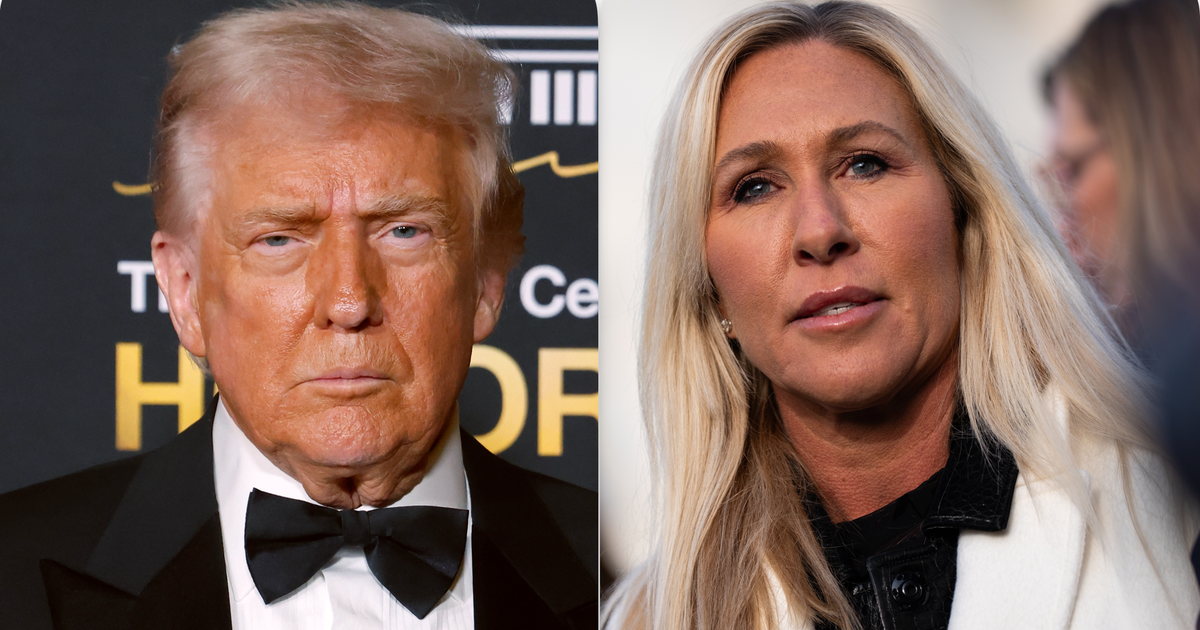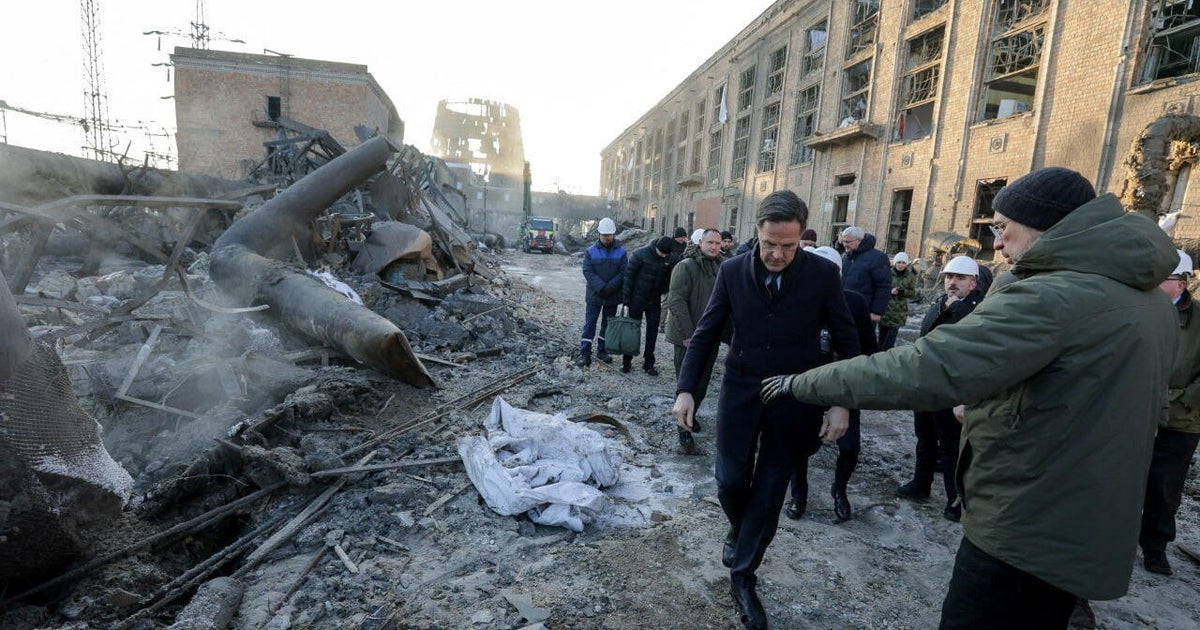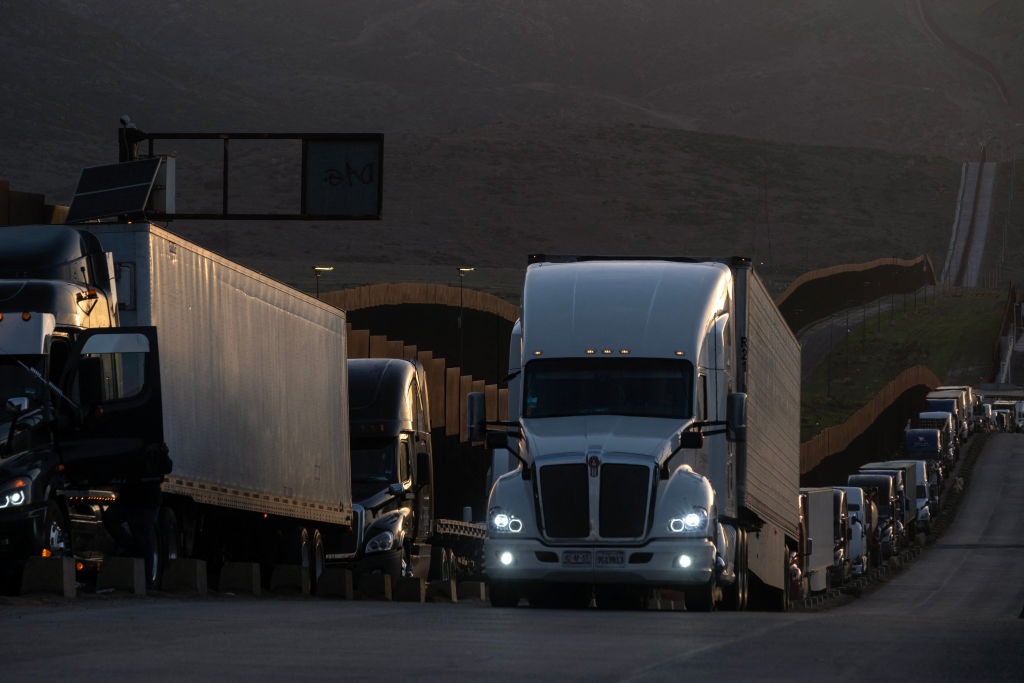These U.S. industries could feel the bite of a trade war
U.S. businesses are bracing for the impact of a potential trade battle between the U.S. and some of its closest allies.
The Trump administration last week announced plans to raise tariffs on imported steel and aluminum by 25 percent and 10 percent, respectively.
President Trump tweeted on Friday that Canada had treated American farmers "very poorly" and that the country's trade policies are "highly restrictive." His administration has also argued that the tariffs are needed to protect national security, a claim that some critics and fellow Republicans have taken issue with.
In response, Mexico, Canada and the European Union said they plan to retaliate with duties on a variety of U.S. products. Meanwhile, the Chinese have vowed to strike back against the Trump administration's tariffs on $50 billion worth of Chinese goods with new duties on U.S. products.
"This decision will hurt American workers and families," the U.S. Chamber of Commerce said in a statement. "The extension of these tariffs on steel and aluminum to additional countries will hike prices, upend supply chains and cost American jobs. The effects of retaliatory measures will similarly ripple across our economy, stunting growth and job creation while threatening to fracture our alliances with our strongest international partners."
Though the AFL-CIO backed Trump's tariffs, it criticized President Trump's "impulsive negotiating tactics." The union says it understands why many people are frustrated with international trade and called for the U.S. to develop a manufacturing strategy that creates good jobs.
The United Steelworkers Union took issue with the administration's decision to remove Canada from the list of countries exempted from the steel tariffs, calling it "wrongheaded." The union, which has more than 225,000 members in Canada, said the previous duties worked well by protecting thousands of jobs. It blamed China as the "root cause" of trade problems.
Pork producers: $1.5 billion of products to Mexico
As far as the National Pork Producers Council (NPCC) is concerned, a trade war couldn't have come at a worse time because five new plants either recently have come on line or are expected to do so soon, sending production to record levels.
The Mexican government is targeting U.S. pork producers who exported $1.5 billion worth of product there last year, the most of any foreign market. Canada is the industry's fourth-largest foreign market, with exports of $972 million in 2017. China, its third-largest market, levied a 25 percent tariff on all imported pork in April.
"Exports accounted for more than $53 of the average $149 value of a hog last year and support over 110,000 U.S. jobs," said NPCC Chairman Jim Heimerl in a press release. "We call for an end to these trade disputes so that hard-working U.S. pig farmers can do what they do best: meet global demand for one of our nation's most competitive export products, one that favorably impacts U.S. trade imbalances with countries around the world."
Apple growers: $1 billion in exports
U.S. apple growers are in a similar situation.
According to Jim Bair, the head of the U.S. Apple Association, growers export about $1 billion worth of apples annually, roughly about 30 percent of the country's crop. Their largest market is Mexico, which announced plans to target U.S. apples.
"After NAFTA we quadrupled our exports to Mexico and doubled our exports to Canada," Bair said in an interview. "We are anxious to see this get resolved as quickly as possible."
Harley Davidson: Anticipating higher costs
The European Union, the largest U.S. trading partner, plans to impose retaliatory tariffs on $3.3 billion worth of U.S. imports as soon as June 20. EU officials are targeting products of importance to top Republican lawmakers such as motorcycles and whiskey. Harley-Davidson is based in House Speaker Paul Ryan's home state of Wisconsin, while whiskey is a key industry in Kentucky, where Senate Majority Leader Mitch McConnell lives.
Shares of Harley have traded down in recent days on concerns about a trade war hurting its profits. During its most recent quarter, the Milwaukee-based company reported a 12 percent drop in U.S. sales and a 6.8 percent gain in Europe, the Middle East and AfrIca.
"We are currently evaluating our options for managing anticipated cost increases following today's announcement," the company said in a statement. "Additionally, we believe a punitive, retaliatory tariff on Harley-Davidson motorcycles in other major markets would have a significant impact on our sales, our dealers, our suppliers and our customers in those markets."
Distilled spirits: "Retaliatory tariffs"
Harley's views were echoed by the Distilled Spirits Council, a trade group representing whiskey producers, noting that a trade war would harm the hospitality sector, consumers and U.S. farmers.
"We hope the United States and its trading partners can resolve their differences without subjecting U.S. whiskey exports to retaliatory tariffs," the organization said.
Hun Quach, a vice president for the Retail Industry Leaders Association, noted that trade wars have consequences for many industries, including retailers.
"The administration has created a three-front trade war, targeting NAFTA, China, and now the European Union, with no resolution to any of these disputes in sight," Quach said in a statement.



